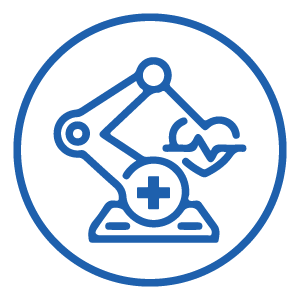 Supply Chain/Technology
Supply Chain/Technology
Unveiling ECRI’s 2024 top 10 health technology hazards list
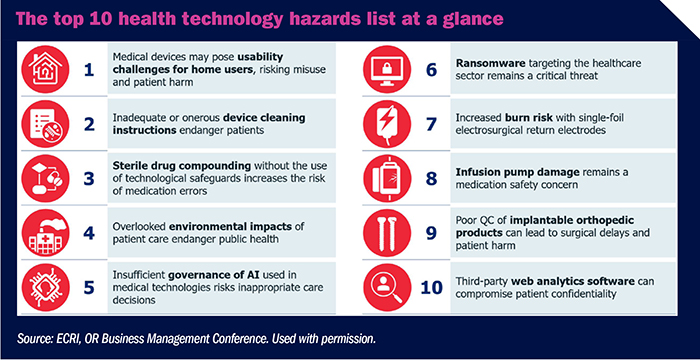
What is the purpose of the top 10 health technology hazards list, released every year by ECRI? “Our number one goal at ECRI is to reduce preventable harm,” stresses Jason Launders, MSC, former director of operations, device evaluation, at ECRI. “We know that every healthcare provider has a lot they…
Virtual-reality brain measurements illuminate real-world health conditions
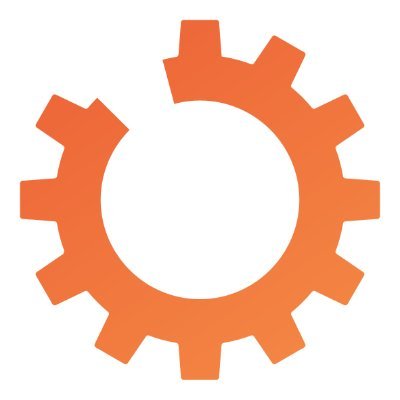
Editor's Note Two researchers from South China University of Technology have developed an affordable electroencephalogram (EEG) measurement system that can be incorporated into virtual reality (VR) headsets. In the future, the researchers hope to use the device to explore people's brain activity while navigating specific virtual environments and to study…
Cyberattack disrupts systems at health technology giant Change Healthcare

Editor's Note Nationwide pharmacy delays and disrupted internal systems are among the effects of a February 21 cyberattack on Change Healthcare, one of the largest healthcare technology companies in the United States. Systems were immediately disconnected to protect partners and patients, the organization reports, and “all other systems across UnitedHealth…
Machine learning shows potential to prevent costly, ineffective back surgery

Editor's Note Although lumbar disc herniation surgery can alleviate symptoms of back pain and even prevent disability, the costs exceed the benefits for a sizeable minority of patients, researchers write in a study published February 7 in Jama Network. To address this concern, they investigated whether machine learning algorithms that…
Study: Intravascular imaging for stent guidance improves outcomes for heart disease patients
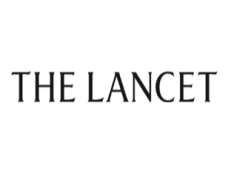
Editor's Note Using intravascular imaging to guide stent implantation during percutaneous coronary intervention (PCI) provides significantly better outcomes than angiography, according to findings published February 21 in The Lancet. In a study of 15,964 patients undergoing PCI from 22 trials in hundreds of centers from March 2010 to August 2023,…
Healthcare providers call for universal platform for recall, other supply disruption alerts
WEST HOLLYWOOD, CALIFORNIA—In a significant move to enhance patient safety, a group of leading US healthcare providers, including organizations such as Novant Health, BJC HealthCare, and Munson Healthcare, have united to advocate for a universal platform to manage product recalls and other supply-disruption alerts, NotiSphere announced today. The health systems are also asking…
3D scans, deep-learning AI show promise for measuring body composition
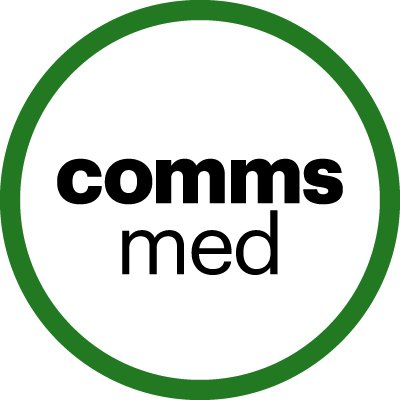
Editor's Note A new method of measuring body composition using deep learning models and 3D scans is accurately depicts the distribution of fat and muscle in various body types, according to findings published January 30 Nature Communications Medicine. Creating tying an accurate digital map of a person’s shape and body…
FDA issues warning on fraudulent, unreliable medical device testing data
Editor's Note The FDA has issued a warning regarding fraudulent, duplicated and otherwise unreliable data coming from third party test labs that produce data for medical device companies, including many based in India and China. Issued February 20, the alert warns medical device manufacturers that they are responsible for confirming the…
Breaking down the surgical gown: Disposable versus reusable, latest innovations
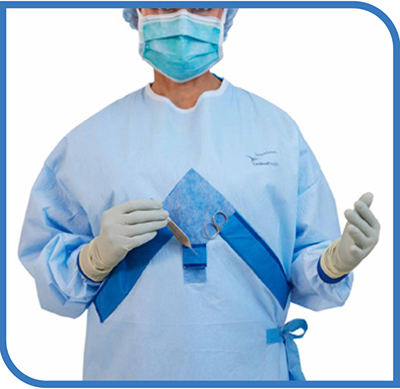
There is movement happening in the world of surgical gowns. It is driven in part by the COVID-19 pandemic, which brought new focus to the need for adequate stockpiles of personal protective equipment (PPE)—and for PPE that works as intended. Staff need to know their gowns incorporate the latest technology…
Stryker unveils ortho robotic technologies, updates at AAOS meeting
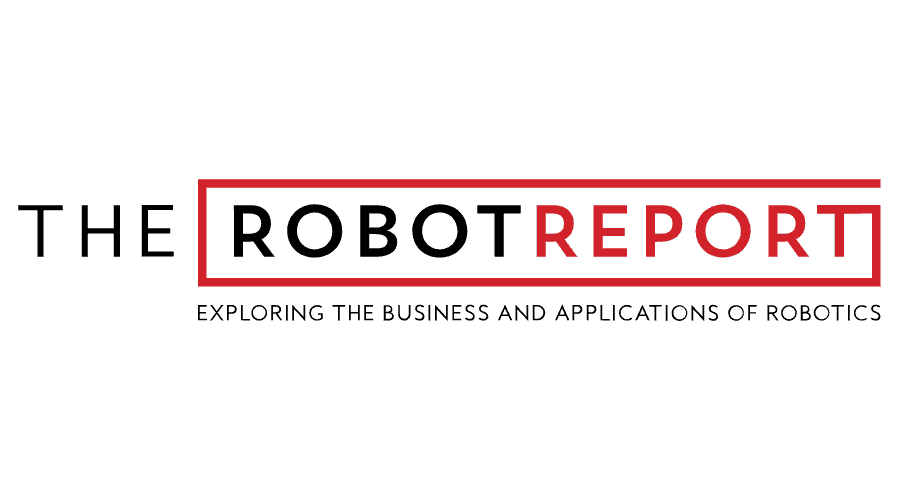
Editor's Note Stryker Corp announced its plans to showcase new joint-replacement technologies and updates to its Mako surgical robotic platform at the American Academy of Orthopaedic Surgeons (AAOS) meeting in San Francisco, according to a February 16 article in The Robot Report. The announcement includes the introduction of myMako and…

 Free Daily News
Free Daily News